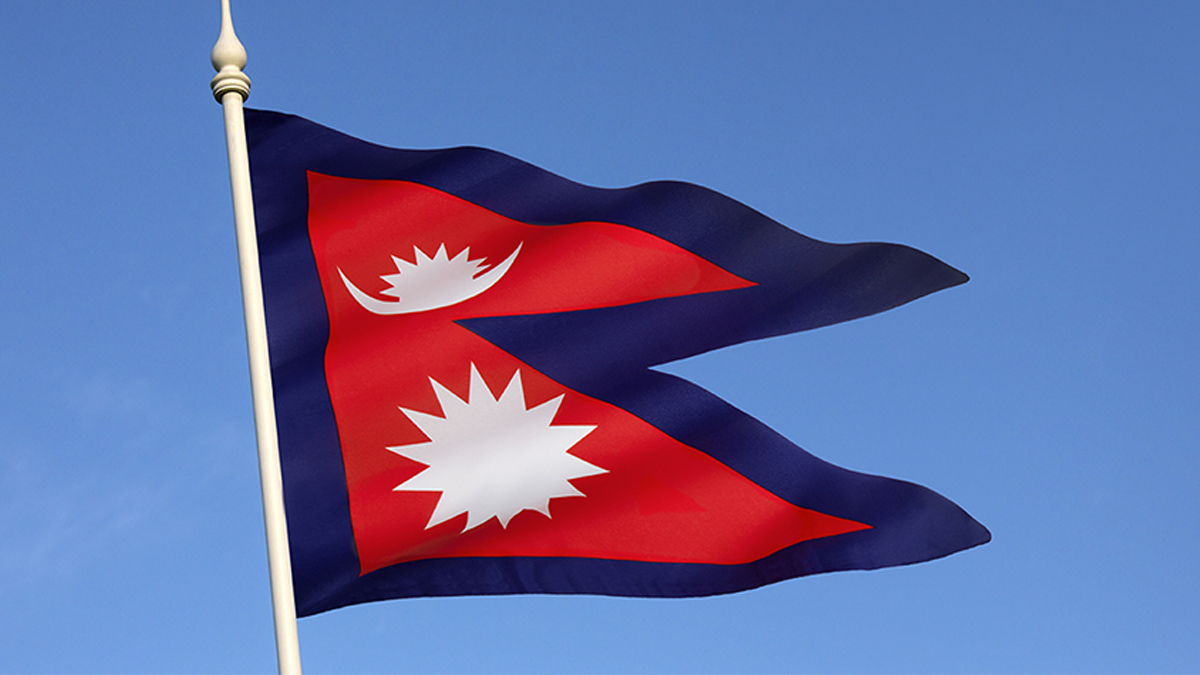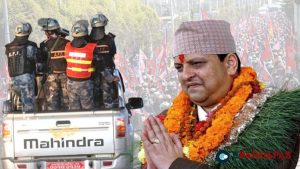
In Nepal Good Governance Why so elusive?
In her maiden address, one of the young members of the House of Representatives, Sobita Gautam, said in the HoR meeting, “Looking at this glorious parliament widely from the rostrum, it seems Nepal’s politics has got springtime!” She said it on the day the HoR elected its Deputy Speaker.
Similarly, after being elected the Prime Minister for the third time, Chairperson of the CPN (Maoist Centre) Pushpa Kamal Dahal ‘Prachanda’ said in a programme in Chitwan that he would talk less, and act more this time.
Are these views signals and initiatives for good governance, the country has been yearning for long? Has Nepal’s politics really got springtime? If so, what’s its relation to governance in the country?
But, two weeks back, there was a story of a court verdict on a high-profile corruption case. As per RSS news bulletin, the Special Court, Kathmandu convicted former commissioner at the Commission for Investigation of Abuse of Authority (CIAA) Raj Narayan Pathak in a graft case and sentenced him to three years and three months in jail.
A divisional bench of Special Court Chair Shreekanta Poudel and justices, Yamuna Bhattarai and Balbhadra Bastola, sentenced Pathak to jail and also penalized him Rs 3.9 million. The court also sentenced Lambodar Neupane of Nepal Engineering College to prison for three years and slapped a fine of Rs 3.9 million.
The story is obviously about the ‘big fish’ caught by the CIAA. Interestingly, as the embezzlement in Nepal Engineering College surfaced, and a complaint was lodged at CIAA, then sitting commissioner at CIAA, Pathak, himself was implicated in taking bribes in a bid to settle the dispute. After the audio was leaked about a bribe (Rs 7 million) seeking, the sitting commissioner had no option but to step down.
Later, the CIAA initiated the case against Pathak, and finally, the Special Court came up with the verdict two weeks back. The incident has obviously painted a grim picture of the constitutional body, that too the anti-graft body. The constitutional bodies are the oversight agencies which are responsible to keep tabs on the government. The irregularities and corruption involving government officials and political leaders in government are closely observed, analysed and cases filed by the CIAA.
But, is this issue of corruption involving high profile personnel a mere coincidence or bears larger meaning at a time when the country has got a new government with the participation of vibrant youths as ministers and they, including the Prime Minister, are spreading the words of hope? Whatsoever, it has pointed out the need for good governance in Nepal, and our efforts are however quite inadequate.
As the Chair of the CPN (Maoist Centre) Dahal is heading the government for the third time and saying that he would work more and talk less, it may be relevant to debate on some issues surrounding good governance.
Shun political interference
One of the reasons behind elusive good governance in Nepal is the vicious nexus between politics and bureaucracy. The politics is often blamed to have debased bureaucracy and meritocracy seized from it. In a newspaper article on January 23, former chief secretary of Nepal government and former chair of the Public Service Commission, Umesh Prasad Mainali, argues that public administration and security agencies have stopped playing fair role due to gross political interference and open politicization. “None of the governments made up of political parties have ruined the political neutrality of civil servants by applying ‘political lens’ on them, while they (public servants) are recruited, promoted and transferred on the basis of ‘merit’.
All political parties have given recognition to the associations and organizations of public administration including civil service as their sister organizations.”
As the former chief secretary’s arguments suggest, the political parties have a tremendous role to ruin fairness, and neutrality of Nepali civil service and public administration. It must be paid heed by our political parties, their leaderships, governments and civil service if they are really devoted to public service and want to work for citizens’ rights.
Other points are that Nepal’s civil service is more a bureaucracy than public service. Although the Public Service Commission recruits’ employees to be public servants, the hierarchy and red tapism over their career distances them from the public, and they indulge in mere personal gain. The news on corruption cases the anti-graft body shares and media reports on bribe-seeking shows the people entering jobs via ‘Public Service’ devote time to ‘personal service’. How contradictory it is!
Utilize third innings
After assuming his office, Prime Minister Dahal also said he would work to complete the aspiration of a ‘Naya Nepal'(New Nepal). The slogan of ‘Naya Nepal’ was popularized a lot when Dahal held the premiership for the first time in the country. However, he could not reign even for a year despite becoming the largest party in the parliament then. He had a relatively satisfactory stint the second time. Now, in this third innings, how Dahal would be able to maintain good governance and make concrete efforts to realize the New Nepal is yet to be seen.
However, it is essential to be clear that the New Nepal drive must be internalized by the people not only limited to the political parties and cadres. As a party having a revolutionary history in recent times, it is natural for the people to have much hope on Maoist Centre. Interestingly, the government has the participation of such parties which have stark differences in ideology while some are quite new to this system.
Management of government itself is a grave challenge on the hand. As good governance requires concerted efforts, the diverse thoughts and work style are sheer obstruction on it. Being uniform, the government partners must win the confidence of civil servants without interference so that any initiatives can be enforced in an effective manner. Civil servants must not be misused but utilized for good governance. Moreover, political parties and civil service must be accountable to people, rather than serving political interests and bureaucratic hierarchy.
Narayan Prasad Ghimire/RSS













Comments